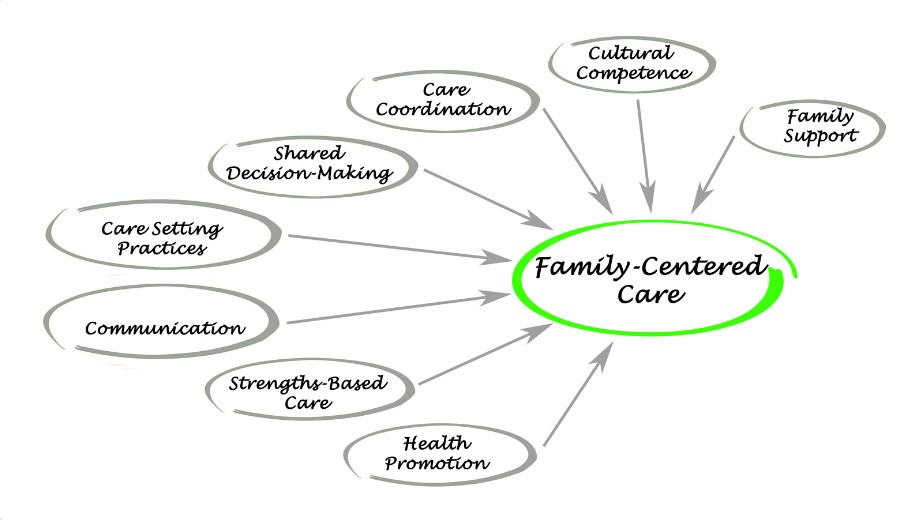
The National Disability Insurance Scheme (NDIS) has revolutionised the disability support provided in Australia. It empowers individuals with disabilities to have greater control over their lives by choosing their support and services. However, navigating the complex landscape of the NDIS can be challenging. This is where quality support coordination becomes indispensable.
What is Support Coordination?
Support coordination is a capacity-building support that assists NDIS participants in understanding and implementing their NDIS plans. It involves connecting participants with necessary services, helping them navigate the NDIS system, and ensuring they make the most out of their plans. Support coordinators are essential in empowering participants to achieve their goals and exercise choice and control over their support.
The Need for Good Quality Support Coordination
Navigating Complexity
The NDIS system can be intricate and overwhelming, especially for new participants or those with complex needs. Quality support coordination helps demystify the process, guiding participants through the various stages of plan implementation. This ensures they are not left to navigate the system and can access the support they need efficiently.
Maximising Plan Utilisation
Many NDIS participants struggle to fully utilise their plans due to a lack of understanding or access to suitable services. A skilled support coordinator helps participants identify their needs, set goals, and connect with appropriate service providers. This ensures that participants get the most value from their plans and achieve their desired outcomes.
Building Capacity and Independence
Quality support coordination is not just about connecting participants with services but building their capacity to manage their support independently. Good support coordinators empower participants with the knowledge and skills to navigate the NDIS system, fostering greater independence and self-reliance.
Ensuring Consistency and Continuity of Care
For participants with complex or high-level needs, continuity of care is crucial. Quality support coordinators ensure a seamless transition between different stages of care, preventing disruptions that could negatively impact the participant’s well-being. They work closely with participants to develop a cohesive support network that addresses all their needs.
Advocacy and Rights Protection
Support coordinators are advocates for participants, ensuring their rights are protected, and their voices are heard. They help participants navigate disputes, address service delivery issues, and ensure participants are treated with dignity and respect. This advocacy is vital in promoting equity and justice within the NDIS system.
Customised and Person-centred Support
Every NDIS participant has unique needs, goals, and preferences. Quality support coordination recognises this individuality and provides tailored support that aligns with the participant’s circumstances. This person-centred approach ensures that the support provided is relevant, meaningful, and effective in achieving the participant’s goals.
Challenges and Considerations
While the importance of quality support coordination is evident, some challenges need to be addressed to ensure its effectiveness:
Training and Qualifications: Ensuring that support coordinators have the necessary training and qualifications is crucial. Professional development training is needed to keep coordinators updated on NDIS policies and best practices.
Workload Management: Support coordinators often handle large caseloads, which can affect the quality of support they provide. Adequate staffing and manageable caseloads are essential to ensure that coordinators can provide dedicated and attentive support to each participant.
Participant Choice and Control: While support coordinators provide guidance, it is vital to respect the participant’s right to make their own decisions. Balancing guidance with participant autonomy is key to effective support coordination.
Systemic Improvements: Continuous feedback from participants and coordinators should be used to improve the NDIS system. Addressing systemic issues can enhance the overall experience for both participants and support coordinators.
Conclusion
Quality support coordination is the backbone of an effective NDIS system. It ensures that participants can navigate the system’s complexities, maximise their plan utilisation, and build their capacity for independence. By addressing the challenges and prioritising quality in support coordination, we can create a more inclusive and empowering environment for individuals with disabilities. Investing in good quality support coordination is not just beneficial for participants; it is essential for the success and sustainability of the NDIS as a whole.
Join us for a 2-day training program (via Zoom) “Introduction to NDIS Support Coordination (SC) Levels 1, 2 and 3” which covers the foundations of support coordination & how to work with participants as an SC. Limited seats only, so get your spot now!
